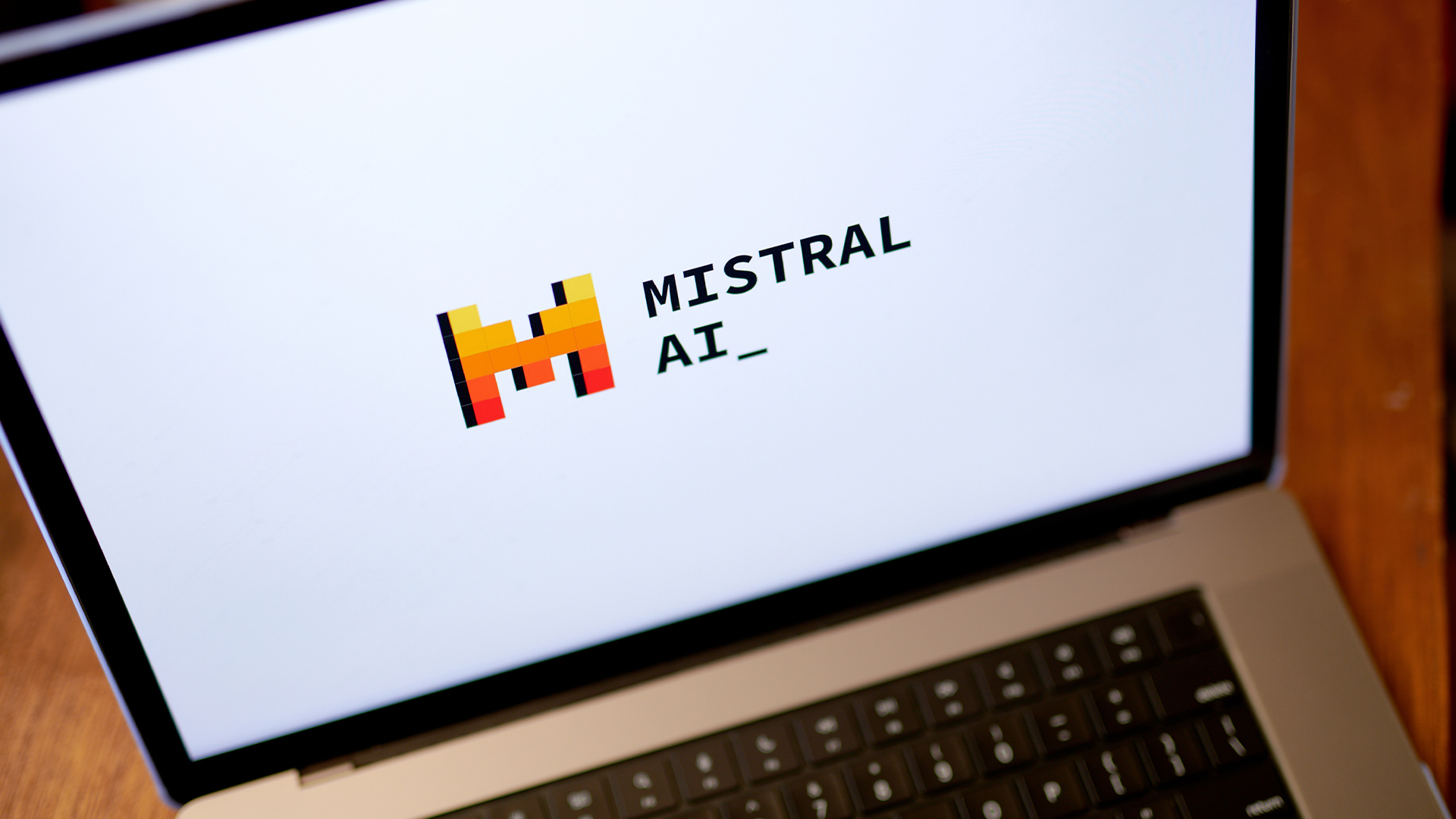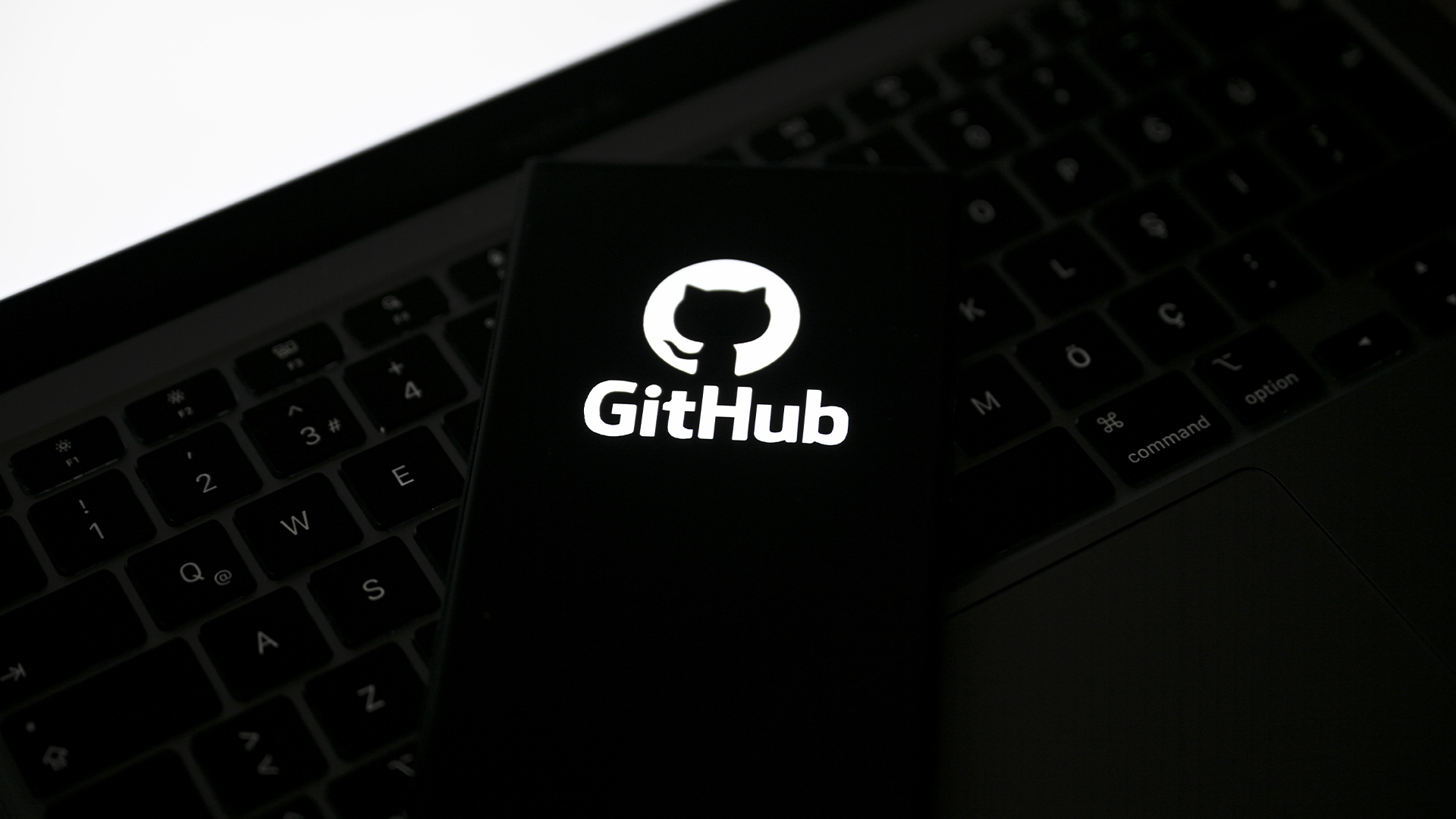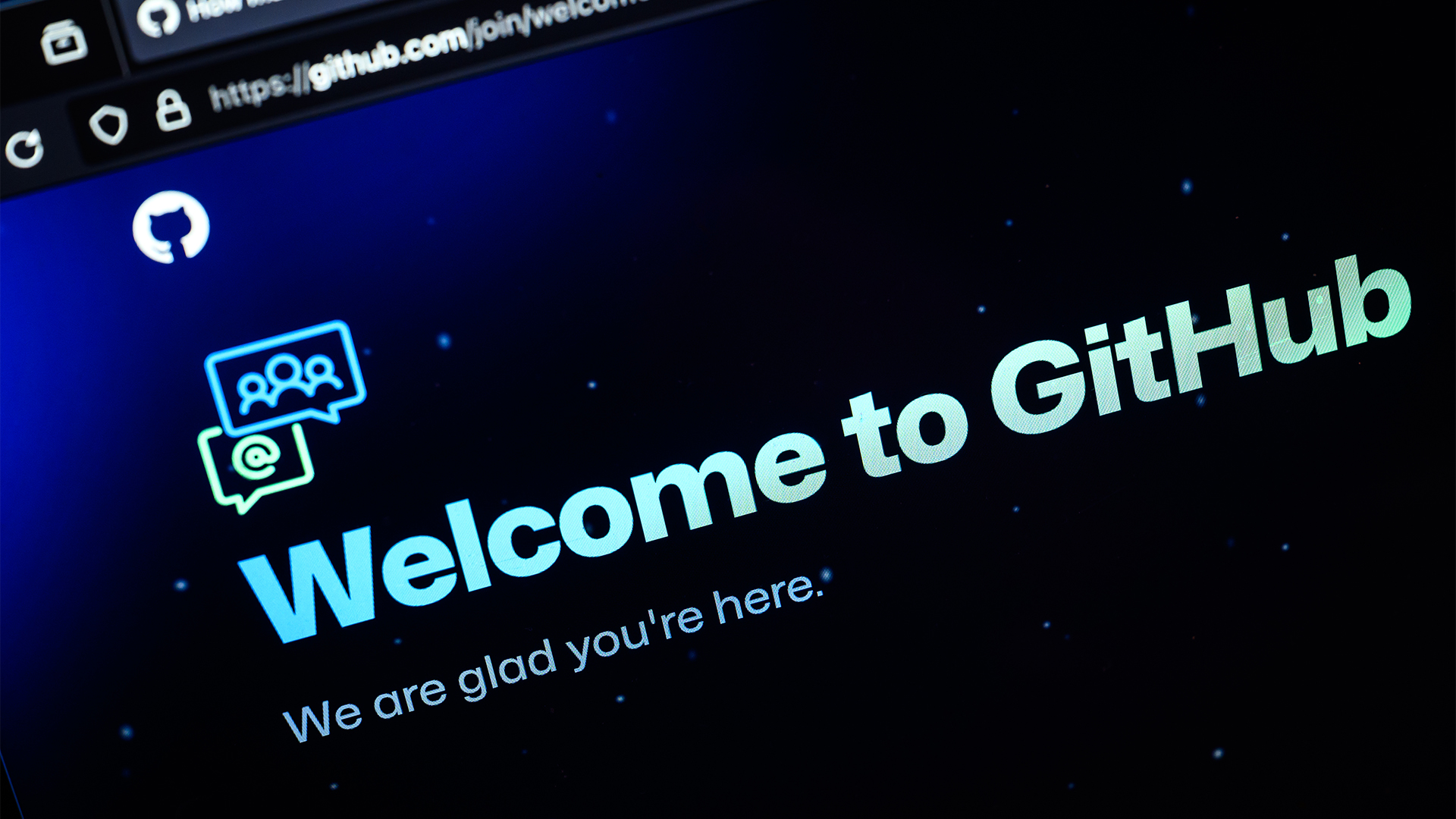Mistral AI just launched ‘Codestral’, its own competitor to Code Llama and GitHub Copilot — and it’s fluent in over 80 programming languages
The launch of Codestral marks Mistral AI’s first foray into the coding assistant market, pitting it against major platforms like GitHub Copilot and Code Llama


Mistral AI has unveiled the launch of ‘Codestral’, its first generative AI coding assistant designed specifically to support developers.
The Microsoft-backed French startup said the new AI tool has been trained on over 80 programming languages, including Java, Python, JavaScript, and C++.
Codestral “also performs well” on more specific programming languages, Mistral said, including Swift and Fortran.
“This broad language base ensures Codestral can assist developers in various coding environments and projects,” the firm said in a blog post.
Like other code generation tools on the market, such as Code Llama, GitHub Copilot, or Amazon Q Developer (formerly CodeWhisperer) Mistral’s tool enables developers to write and generate code.
The tool can complete coding functions, write tests, and complete “any partial code using a fill-in-the-middle mechanism”, the company said.
“Interacting with Codestral will help level up the developer’s coding game and reduce the risk of error and bugs.”
Get the ITPro daily newsletter
Sign up today and you will receive a free copy of our Future Focus 2025 report - the leading guidance on AI, cybersecurity and other IT challenges as per 700+ senior executives
The new model also boasts impressive performance metrics, coming in as a 22B parameter model. Mistral said this sets a new standard on performance and latency for code generation compared to other models currently available on the market, including the Code Llama 70B model.
Is Mistral AI's Codestral model open source?
Mistral described Codestral as an “open-weight” generative AI model in its blog post, meaning it’s not strictly ‘open source’ by most definitions.
This has been a contentious topic in the AI space in recent months, with some industry stakeholders noting that major firms such as Meta, for example, have framed their models and tools as open source while still restricting commercial use.
Codestral is licensed under the new Mistral AI Non-Production License, which the company said can be used for “research and testing purposes”. This means that it can’t be used openly for commercial purposes.
“This license allows developers to use our technology for non-commercial purposes and to support research work,” the firm said in a blog post outlining the licensing terms. “It ensures that those who build a business based on our work do so in a fair and sustainable way for all parties.”
Mistral said that this new license “strikes the right balance between our commitment to openness principles and our responsibility to grow our business”.
The firm added that it will still continue releasing models and code under Apache 2.0 licensing.
Codestral has some serious competition
Codestral’s launch marks Mistral’s first serious foray into the coding assistant space, pitting it against a raft of major industry heavyweights such as GitHub, AWS, and Meta.
Since the advent of generative AI in late 2022, one of the leading use cases for the technology touted by providers has been support for developers to improve productivity and alleviate strain placed on development teams.
Research on the topic shows that developers are keen on these tools, with a study from GitHub last year revealing that users can complete tasks 55% faster using an AI assistant.
The use of AI assistants also helps improve workflows and reduces developer toil, the study found, further improving overall productivity.
RELATED WHITEPAPER

Research has shown some major pitfalls, however. A study from GitClear earlier this year found “disconcerting trends” in terms of reliability and accuracy.
GitClear examined more than 150 million lines of code written between January 2020 and December 2023 to see if it could spot code quality differences as a result of AI coding assistants. The results were far from exemplary and uncovered a sharp increase in ‘code churn’.

Ross Kelly is ITPro's News & Analysis Editor, responsible for leading the brand's news output and in-depth reporting on the latest stories from across the business technology landscape. Ross was previously a Staff Writer, during which time he developed a keen interest in cyber security, business leadership, and emerging technologies.
He graduated from Edinburgh Napier University in 2016 with a BA (Hons) in Journalism, and joined ITPro in 2022 after four years working in technology conference research.
For news pitches, you can contact Ross at ross.kelly@futurenet.com, or on Twitter and LinkedIn.
-
 Bigger salaries, more burnout: Is the CISO role in crisis?
Bigger salaries, more burnout: Is the CISO role in crisis?In-depth CISOs are more stressed than ever before – but why is this and what can be done?
By Kate O'Flaherty Published
-
 Cheap cyber crime kits can be bought on the dark web for less than $25
Cheap cyber crime kits can be bought on the dark web for less than $25News Research from NordVPN shows phishing kits are now widely available on the dark web and via messaging apps like Telegram, and are often selling for less than $25.
By Emma Woollacott Published
-
 Microsoft justifies 365 price increases after MP concerns
Microsoft justifies 365 price increases after MP concernsNews Microsoft’s UK VP of external affairs has defended the tech giant's price increases
By George Fitzmaurice Published
-
 Microsoft is ending support for the Remote Desktop app – here are three alternatives you can try instead
Microsoft is ending support for the Remote Desktop app – here are three alternatives you can try insteadNews Microsoft has announced plans to end support for its Remote Desktop application in just over two months.
By George Fitzmaurice Published
-
 Turns out AI isn't that popular at work – just 4% of workers use the technology in the majority of daily tasks, but developers are among the top early adopters
Turns out AI isn't that popular at work – just 4% of workers use the technology in the majority of daily tasks, but developers are among the top early adoptersNews Research from Anthropic shows that while AI adoption is sluggish in most professions, software developers and writers are very keen.
By Nicole Kobie Published
-
 GitHub's new 'Agent Mode' feature lets AI take the reins for developers
GitHub's new 'Agent Mode' feature lets AI take the reins for developersNews GitHub has unveiled the launch of 'Agent Mode' - a new agentic AI feature aimed at automating developer activities.
By Ross Kelly Published
-
 A sign of things to come in software development? Mark Zuckerberg says AI will be doing the work of mid-level engineers this year – and he's not the only big tech exec predicting the end of the profession
A sign of things to come in software development? Mark Zuckerberg says AI will be doing the work of mid-level engineers this year – and he's not the only big tech exec predicting the end of the professionNews The Meta founder thinks 2025 will herald a profound shift in the software engineering profession
By Solomon Klappholz Published
-
 GitHub just launched a new free tier for its Copilot coding assistant – but only for a select group of developers
GitHub just launched a new free tier for its Copilot coding assistant – but only for a select group of developersNews Limited access to GitHub Copilot in VS Code is now available free of charge
By Nicole Kobie Published
-
 Recall arrives for Intel and AMD devices after months of controversy
Recall arrives for Intel and AMD devices after months of controversyNews Microsoft's Recall feature is now available in preview for customers using AMD and Intel devices.
By Nicole Kobie Published
-
 Are ‘ghost engineers’ stunting productivity in software development? Researchers claim nearly 10% of engineers do "virtually nothing" and are a drain on enterprises
Are ‘ghost engineers’ stunting productivity in software development? Researchers claim nearly 10% of engineers do "virtually nothing" and are a drain on enterprisesNews The study used an algorithm to assess the amount of work being done by software engineers at hundreds of firms
By George Fitzmaurice Published